The BIOSECURE Act, approved by the US House Committee for Oversight and Accountability, seeks to enhance national security by restricting U.S. federal funding to entities engaged with certain Chinese biotechnology companies.
The BIOSECURE Act is poised to significantly impact the US life sciences industry, drawing parallels to previous legislation like the John S. McCain National Defense Authorization Act, which imposed restrictions on Chinese telecommunications firms due to national security concerns. Targeting firms such as BGI, MGI, Complete Genomics, WuXi Apptec, and Wuxi Biologics, the Act aims to mitigate risks posed by foreign biotechnology companies with alleged ties to foreign governments, particularly focusing on entities from China, Russia, and other nations deemed national security threats (Goodwin).
Objectives and Provisions
- Prevent Data Access: The Act prohibits US government contracts, loans, and grants to entities using services from Chinese biotechnology firms, aiming to block the CCP from accessing genomic data collected by these companies
- Secure Supply Chains: It seeks to protect pharmaceutical supply chains from exploitation and ensure genetic information of Americans isn’t harvested by foreign entities
- Designations and Enforcement: The US Office of Management and Budget (OMB) will identify additional “biotechnology companies of concern” within a year of the Act’s enactment, focusing on those posing national security threats and under foreign adversary jurisdiction
Mitigating Supply Chain Disruptions
While aiming to reduce dependency on Chinese biotechnology, the Act includes measures to minimize disruptions:
- Grandfathering Clause: Contracts with biotechnology companies of concern executed before the Act’s effective date are valid until 2032
- Safe Harbor Provision: Exempts biotechnology equipment or services no longer produced by concerned companies
- Waivers: Agency heads can waive prohibitions for overseas healthcare services with OMB approval
- Exclusions: Medicaid and Medicare agreements are excluded from the definition of contracts under this Act
Industry Impact
The Act incentivizes US companies to diversify their supply chains, potentially leading to significant changes in commercial contracting and supply chain monitoring. This could further strain pharmaceutical and biotechnology supply chains already impacted by ongoing drug shortages.
Compliance Strategies
To mitigate compliance risks, affected companies should:
- Map Supply Chains: Conduct risk-based mapping and due diligence on Chinese suppliers
- Diversify Suppliers: Consider alternatives to reduce reliance on named biotechnology companies of concern
- Develop Response Plans: Create plans to handle potential supply chain disruptions.
The legislative process for the BIOSECURE Act is still ongoing, with discussions and amendments expected before any final passage. Despite the uncertainty, the Act has garnered bipartisan support, suggesting a high likelihood of its eventual implementation (Ropes & Gray LLP). Companies have already begun to reassess their supply chains and partnerships in anticipation of these changes, highlighting the significant preparatory steps being taken within the industry (Goodwin).
Overall, while the Biosecure Act aims to enhance national security by curbing reliance on foreign biotech entities with potential government ties, it also poses substantial challenges to the U.S. pharmaceutical and biotechnology sectors, with possible ramifications including drug shortages, higher costs, and slowed innovation (Pharmaceutical Technology). As the legislation progresses, companies will need to closely monitor developments and prepare for a potentially transformative shift in their operational landscapes.

